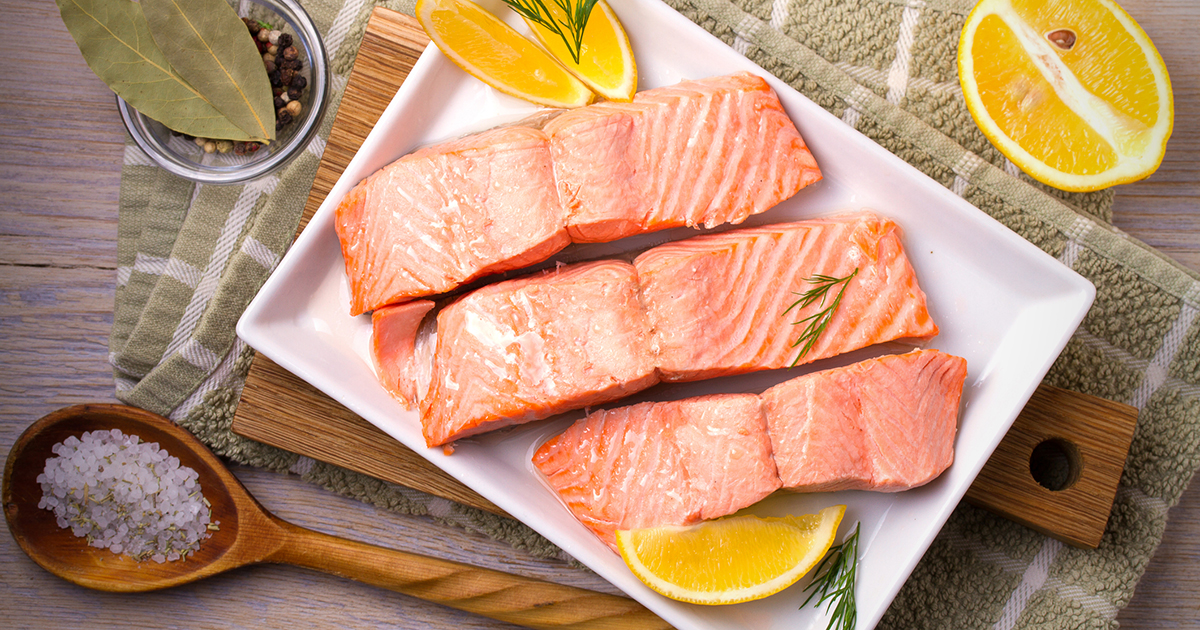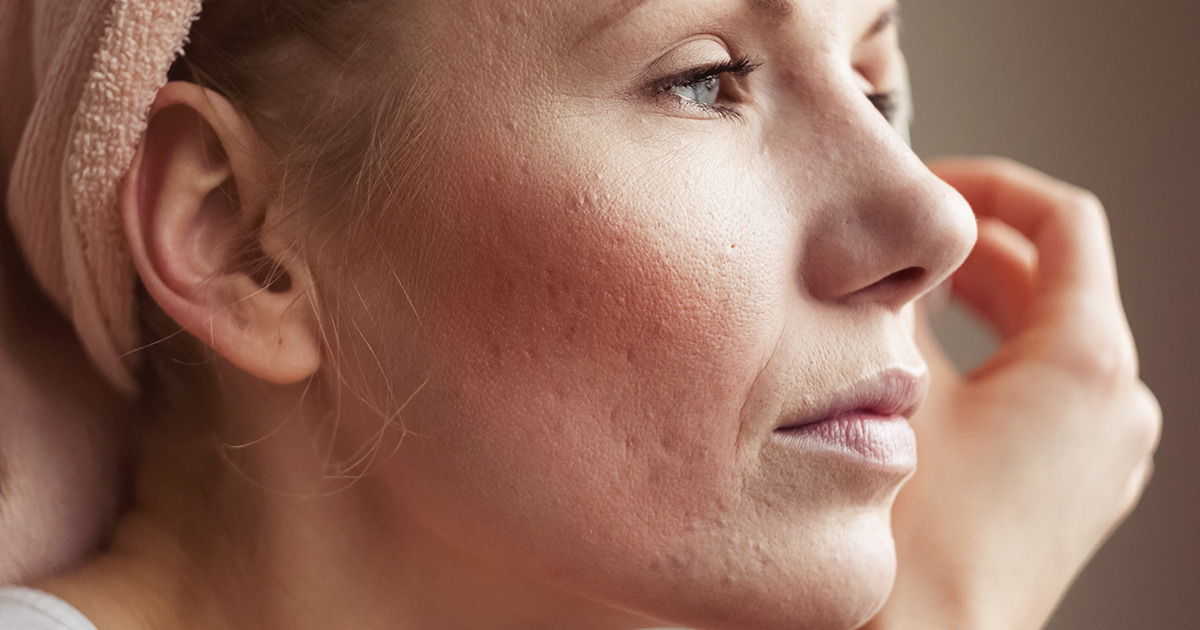Guide To The Rosacea Diet
Many conditions can be confusing. From what medications to use to what foods to eat, many individuals have different ideas regarding effective treatment methods. Rosacea is no different. However, with a little time and experimentation, patients should still be able to find something that will help them minimize or eliminate symptoms. Rosacea can be embarrassing and frustrating to be dealing with at any point in life. A very important facet to remember is how foods affect the body, particularly when medical conditions are in play, such as with rosacea. They can help reduce flare-ups and they can trigger flare-ups. If individuals can implement certain food changes in their diet, they will be able to manage most rosacea symptoms from a natural standpoint. This is not to say patients will not need medication, but it will certainly help.
What Is Rosacea?
Rosacea is a skin condition that causes the blood vessels in the face to become visible, resulting in reddened skin. It can also cause small and red pus-filled bumps to appear on the skin. These can make the skin feel tender and warm. The condition can also cause eye problems, like dryness, red eyelids, irritation, and swelling. One symptom of rosacea, that occurs mainly in men, is an enlarged nose characterized by thickened skin. Rosacea is sometimes misdiagnosed because it can be mistaken for an allergic reaction, acne, or another skin problem. Patients who suffer from rosacea can be afflicted for months before it will diminish or lessen. Although the condition can occur in anyone, it is most common in middle-aged fair-skinned women. Doctors do not know what causes rosacea, but they believe it is an inflammatory response in the body.
Learn about the foods to eat to reduce rosacea flare-ups now.
Foods To Reduce Flare-Ups

Some foods can reduce inflammation and help individuals keep a balanced immune system. It is also important to stay healthy overall and take care of the body. Some of the foods that can help reduce rosacea flare-ups include asparagus, berries, cauliflower, celery, coriander, cucumber, grapes, leafy greens, pumpkin, mango, turmeric, and zucchini. Other foods that help reduce inflammation include healthy fats like salmon, flax seeds, and ghee. If patients are trying to diminish the redness and soothe their eyes, they might want to try adding omega-3 fatty acids, flaxseed oil, omega-6 fatty acids, and zinc sulfate. Furthermore, there are foods that keep the gut full of good bacteria. It has been shown good bacteria may help with rosacea symptoms, including probiotics in low-fat yogurt, soymilk, beet juice, unsweetened pineapple juice, sauerkraut, kefir, and pickled vegetables. Prebiotics that are good for the gut include bananas, raw leeks, raw garlic, whole grains, kale, and lentils.
Keep reading to reveal the foods that can trigger rosacea flare-ups now.
